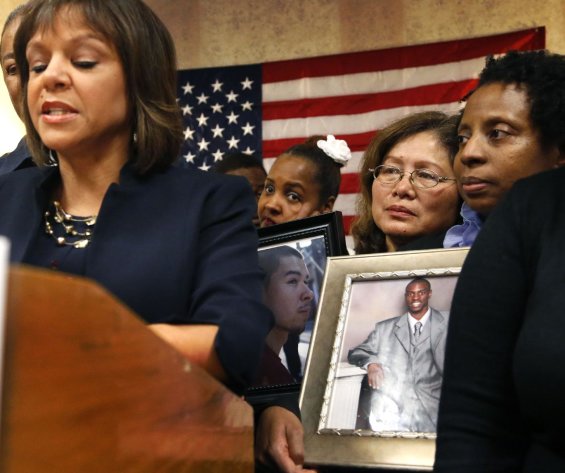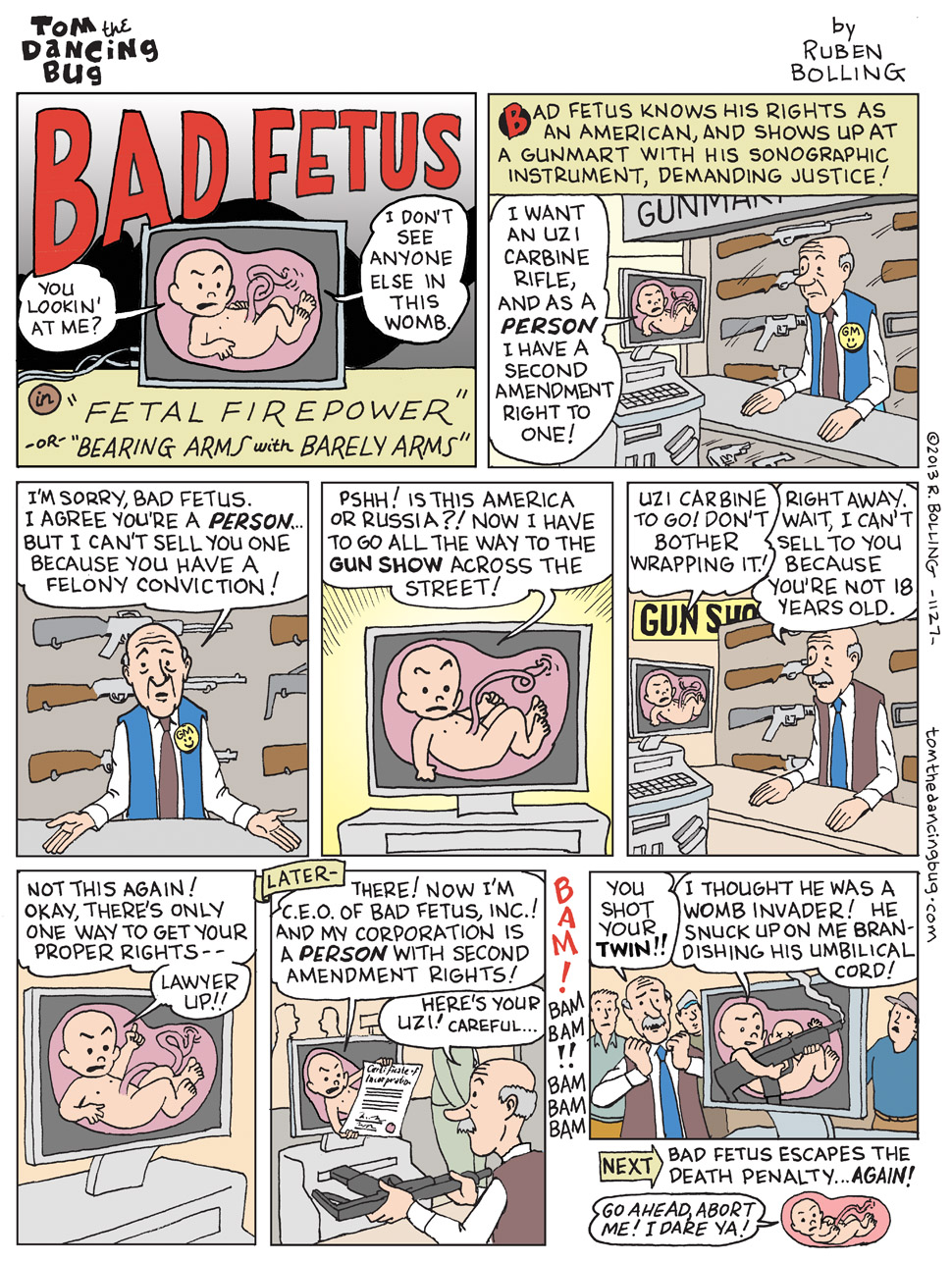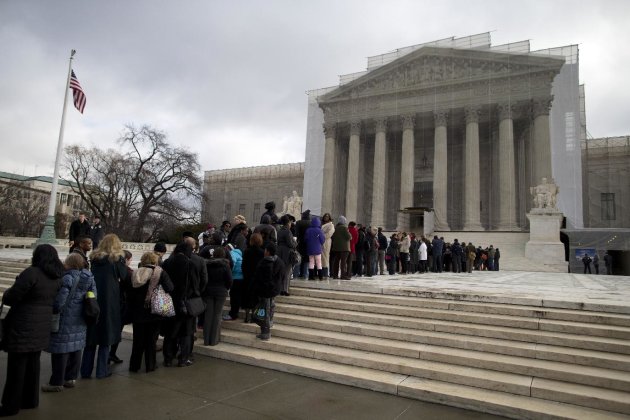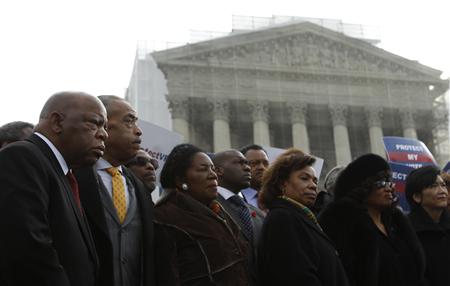It's a road trip that could test the best of marriages: Mars.
A tycoon announced plans Wednesday to send a middle-aged couple on a
privately built spaceship to slingshot around the red planet and come
back home, hopefully with their bodies and marriage in one piece after
501 days of no-escape togetherness in a cramped capsule half the size of
an RV.
Under the audacious but bare-bones plan, the spacecraft would blast
off less than five years from now and pass within 100 miles of the
Martian surface. The cost was not disclosed, but outsiders put it at
more than $1 billion.
The team of space veterans behind the project hasn't quite figured
out the technical details of the rocket they will use or the capsule the
husband-and-wife astronauts will live in during the 16-month voyage.
But they know it will be an adventure not for the weak of body or heart.
"This is not going to be an easy mission," chief technical officer and potential crew member Taber MacCallum said. "We called it the Lewis and Clark trip to Mars."
The trying circumstances include:
no showers, limits on toilet paper and clothing, drinking water made
from the crew members' recycled urine and sweat, and almost no privacy.
But the flight also comes with never-before-seen views of Mars. And
there's ample time for zero-gravity sex in space, something NASA doesn't like to talk about.
As for why a man and a woman will be selected, "this is very symbolic and we really need it to represent humanity," MacCallum said.
He said if it is a man and a woman on such a long, close-quarters
voyage, it makes sense for them to be married so that they can give each
other the emotional support they will probably need when they look out
the window and see Earth get smaller and more distant: "If that's not
scary, I don't know what is."
The private, nonprofit project,
called Inspiration Mars, will get initial money from NASA
engineer-turned-multimillionaire investment consultant Dennis Tito, the first space tourist. The organizers hope to raise the rest through donations, advertising and media partnerships.
NASA will not be involved. Instead, the project's backers intend to
use a ship built by other aerospace companies, employing an austere
design that could take people to Mars for a fraction of what it would
cost NASA to do with robots, officials said.
Even though some of the hardware hasn't even been built, Tito said he
is confident everything will come together by 2018 with no test
flights.
It will be a stripped-down
mission when it comes to automation and complexity, meaning the couple
will have to fix things on the fly like TV's MacGyver and do more
piloting than on NASA vehicles, said chief medical officer Jonathan Clark.
The flight is timed to take advantage of the once-in-a-generation
close approach of the two planets' orbits. The timeline calls for launch
on Jan. 5, 2018, the Mars flyby on Aug. 20, 2018, and a return to Earth
on May 21, 2019.
It involves huge risk, more than a government agency like NASA would
normally permit, officials concede. For example, the spaceship will fly
during a period when galactic cosmic rays will be high because of the
sunspot cycle. That will increase the crew's cancer risk by about 3
percent, which is more than on any NASA mission, Clark said.
The ship would also re-enter Earth's atmosphere at twice the speed of
ordinary space capsules, something Tito said still needs to be worked
out.
"Life is risky," said Clark, a former NASA flight surgeon whose
astronaut wife died in the 2003 space shuttle Columbia accident.
"Anything that's worth it is worth putting it all at stake for."
What may be most at stake is the crew members' marriage. The couple will be selected within a year.
MacCallum and his wife, Jane Poynter,
hope to be picked. They were a couple when they participated in
Biosphere 2, a sort of giant terrarium that was supposed to replicate a
mission on another planet. Poynter said it was such a fraught experience
psychologically that some participants wouldn't talk to each other for
most of the two years.
But MacCallum said it brought him and Poynter closer together. He
said the right couple going to Mars, if screened and counseled ahead of
time, would come back with a stronger marriage.
Poynter said the husband and wife need to be even-tempered. Clark
said they should be post-childbearing age because of exposure to
radiation. Poynter is 50, MacCallum 48.
For the 30 years NASA has been flying men and women, it has avoided
the question of sex in space. MacCallum said it will happen: "It's a man
and wife. Private time. Let your imagination run wild."
In a statement, NASA spokesman David Steitz said the venture
validates President Barack Obama's decision to rely more on private
sector ingenuity to explore space, and is "a testament to the audacity
of America's commercial aerospace industry and the adventurous spirit of
America's citizen-explorers."
He said "NASA will continue discussions with Inspiration Mars to see
how the agency might collaborate on mutually beneficial activities."
Stanford University professor Scott Hubbard, NASA's former Mars
mission chief, said the team's technical paper outlining the flight is
"long on inspiration, short on technical details. What is there is
correct."
Other outside experts praised the expertise of the team but worried about the lack of testing.
Former astronaut and current MIT aerospace engineering professor Jeff
Hoffman said: "Since they don't plan to land on Mars, it's really a
question of keeping people alive for 501 days in space, which is not an
impossible task."


































